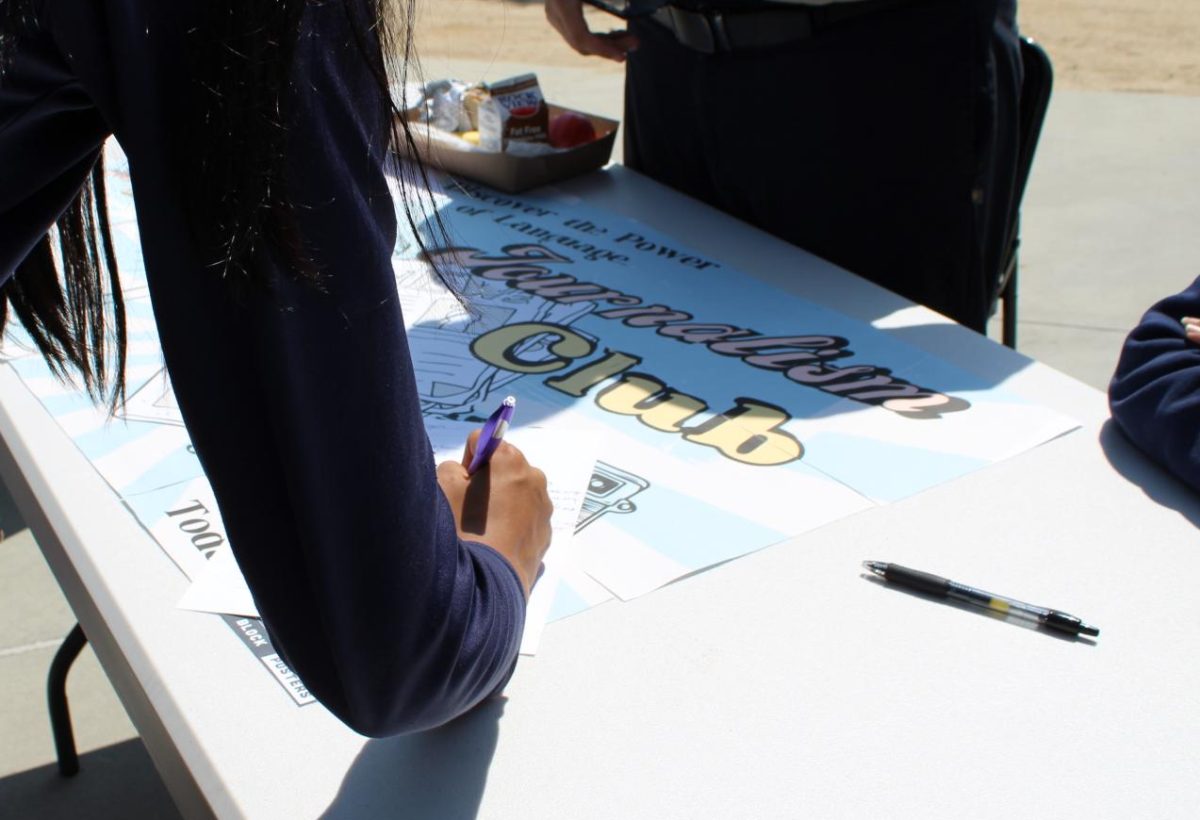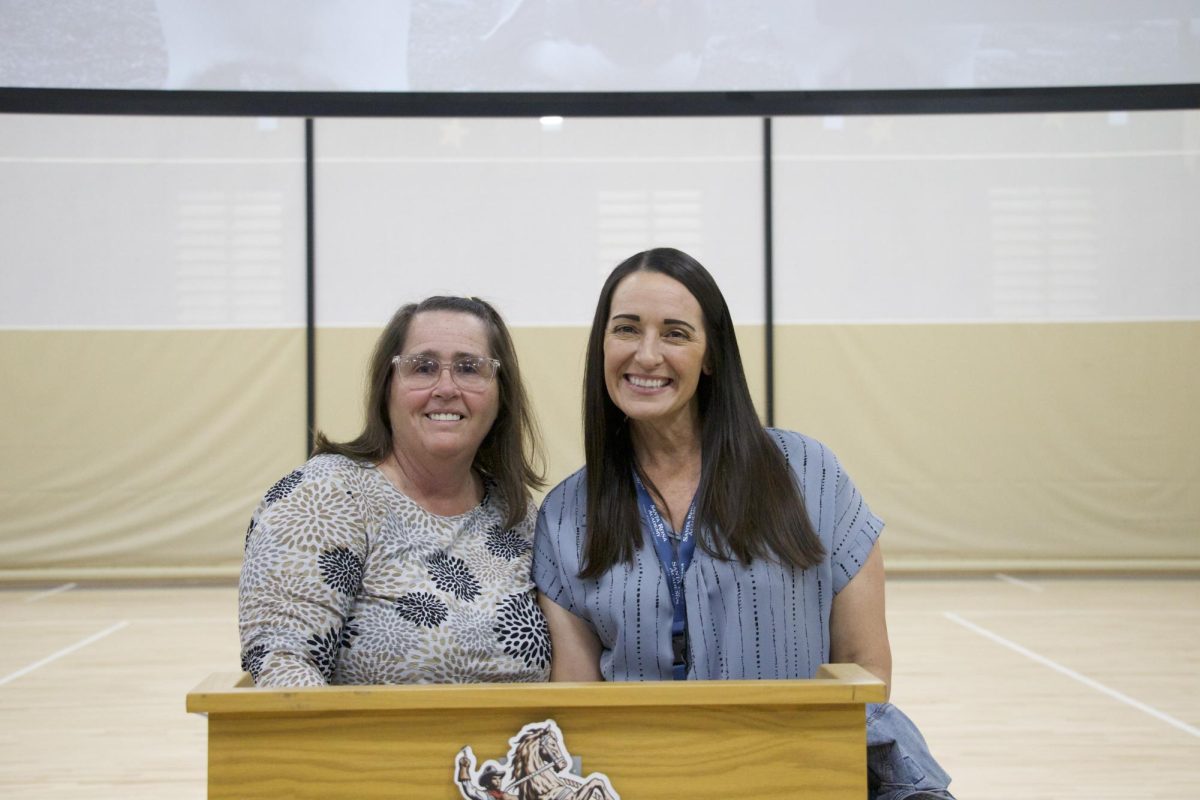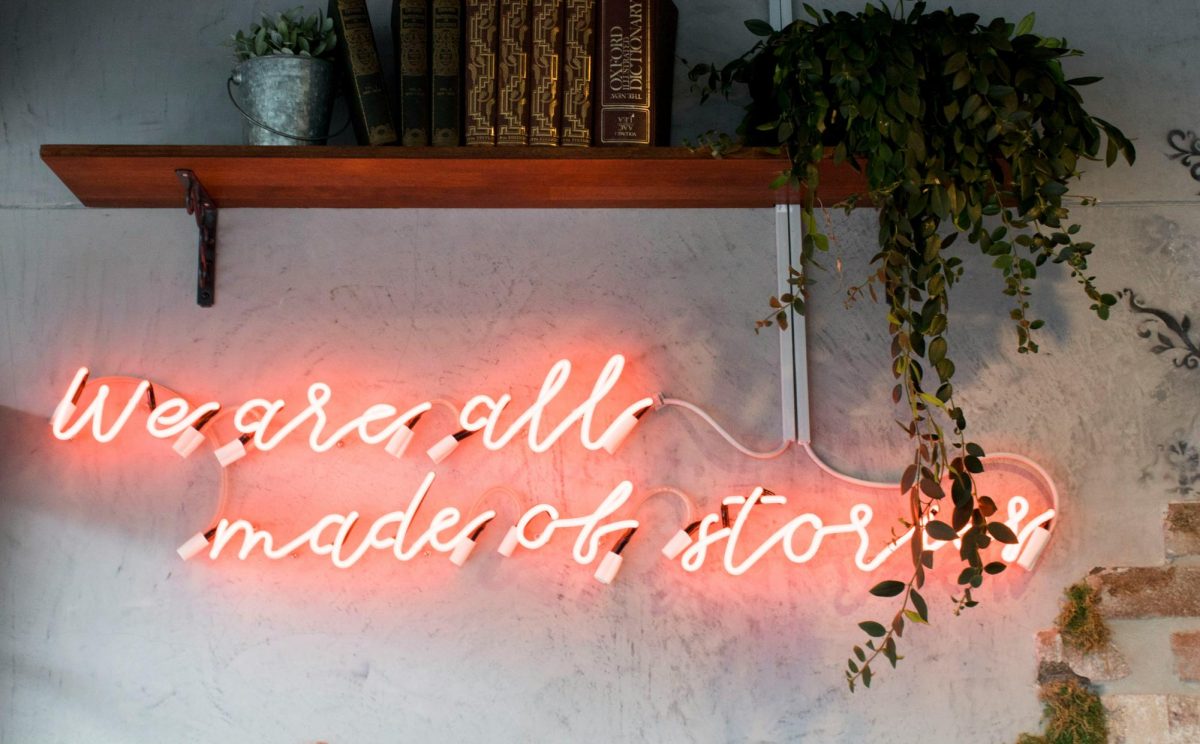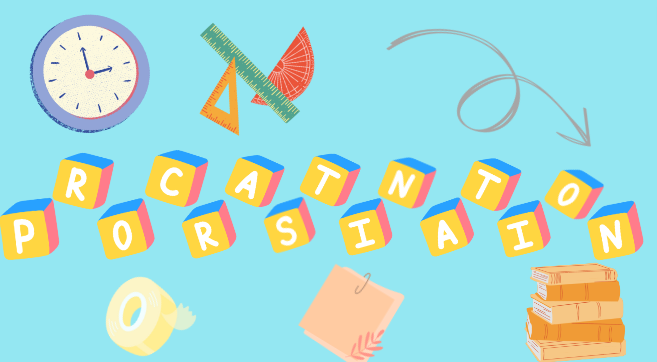Why Procrastinate?
The common saying, “I’ll get to it later,” has been used on numerous occasions. While commonly thought of as a negative thing, many people still procrastinate. But what is procrastination? Why do so many people do it?
Procrastination is one subject that many people look down upon—finding that there are negative consequences. However, people often forget to see the positive side of things.
According to Greatergood.com, “Procrastination is an interesting form of delay, which is irrational in the sense that we do it despite knowing it can have negative consequences.”
Even this definition, Juliette Blackburn, a freshman at Santa Rosa Academy, has her own definition of procrastination as well. “I think the definition of procrastination is putting off a task because you don’t want to do it. When I procrastinate, I work on different smaller tasks that I feel are easier.” The amount of people who procrastinate is a relatively large number. Solvingprocrastination.com has taken a poll to find an estimated answer. “Studies show that around 20% of adults procrastinate chronically. Studies show that around 50% of college students procrastinate in a consistent and chronic manner, 75% consider themselves to be procrastinators, and 80%–95% of college students procrastinate.”
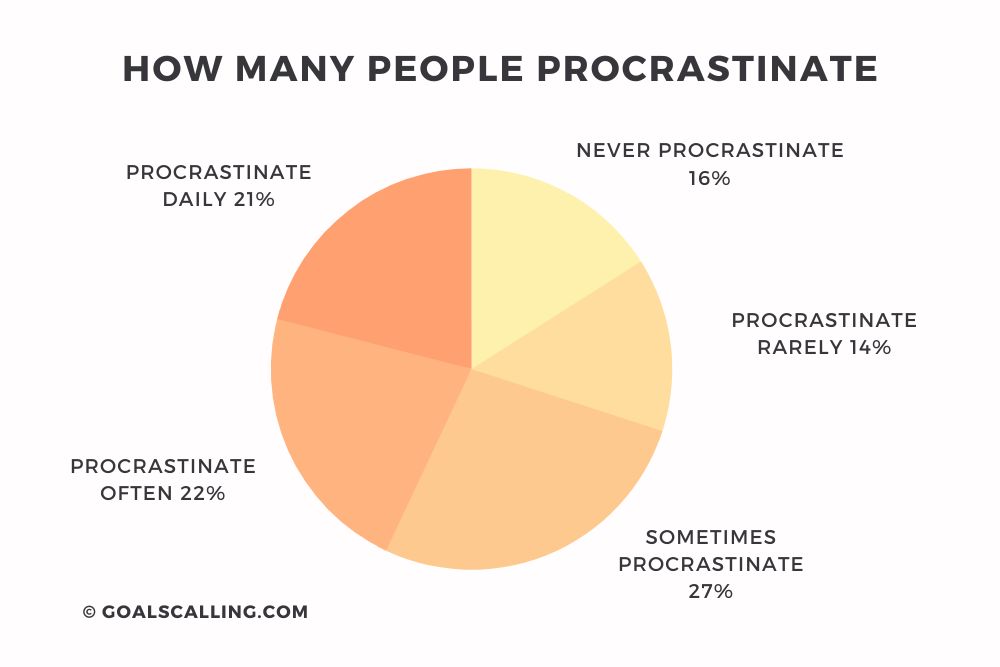
But why do people procrastinate even though they know they will have to do the task later on? Greater Good has also found an answer to that. “When we’re procrastinating, we are choosing a positive activity in the present (such as watching cat videos or socializing) over a positive consequence later on—such as the satisfaction of completing a task or getting a good grade on an assignment. This normally also involves thinking about the negative consequences of procrastination at the same time. This is also the reason why people might delay saving for retirement.” People often focus on the present, leaving the future to have consequences. People want a positive choice in the moment, rather than having to wait for the reward at the end, tying into patience. However, there are other reasons that may cause procrastination as well. Natally Villegas, a freshman at Santa Rosa Academy has a different reason for choosing to wait on certain tasks. “I just get distracted and don’t want to do it right then. I’ll either go on my phone, watch tv or something else.”
When asked what people think of procrastination in a positive or negative light, this has gone both ways.
Blackburn said, “It is more negative than positive, but I also work better with pressure. When I have extra time to get it done I get distracted and procrastinate, so it is not completely negative. When I work under pressure I complete things better, because I practically speed through it and get it done efficiently.”
As well as that, Bella Burns finds it is not always helpful.
In her words, “[I find that it is] negative! But I’m procrastinating changing my ways.” While many people find that it has a negative effect, procrastination can also help people at times. Burns goes on to explain that procrastination usually causes negative consequences, but it has also helped her at times as well. “The quality of my work is better because I’m not just trying to get it over with. But if I do it immediately all of my answers are short and simple.”
According to Outsideonline.com, there are many positives as well to the subject. They found that procrastination grants space to the person so that they can do other things in their life, the person works more efficiently since the deadline is closer, and it allows people to take a break from work.
All in all, procrastination can be seen in a positive or negative light, depending on the circumstances.
*Note: the writer of this article is a procrastinator and did procrastinate on this very article*



